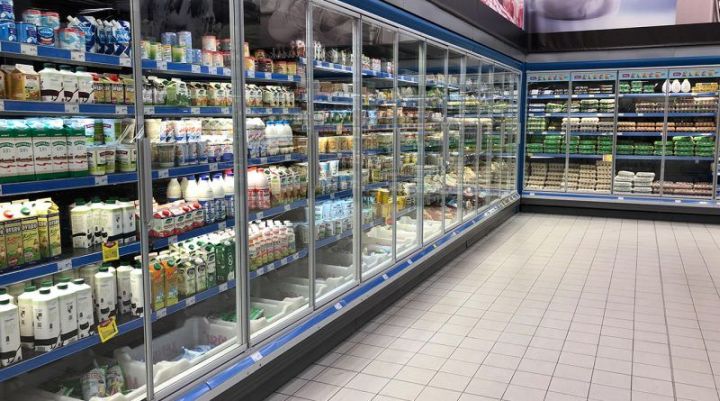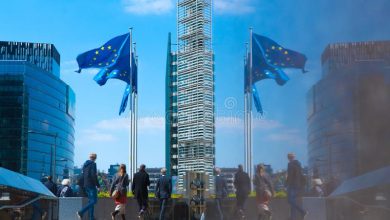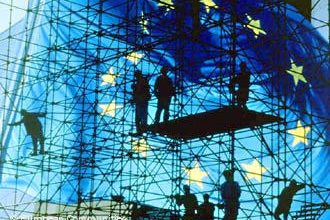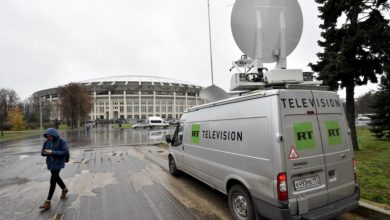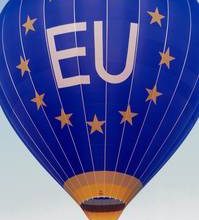Europe called on Russia to order
The EU intervened in the customs and dairy confrontation between Russia and Lithuania. The European Commission called on Russian customs officials to restore normal access control. But this statement is unlikely to help thousands of carriers stuck at customs cross the border faster.
The European Commission’s Customs Department called on the Federal Customs Service of Russia to immediately restore the normal procedure for screening Lithuanian carriers, said Lithuanian Foreign Minister Vygaudas Usackas. The European Commission points out that Russia’s behavior violates the partnership agreement, says Usackas, referring to a copy of the letter sent by the EC to the Russian FCS.
Lithuania complained about Russia’s actions in the EU commission at the beginning of the week. The reason for this was the formation on the Russian border of multi-kilometer bursts of Lithuanian carriers. Currently, at the checkpoint, according to the Lithuanian association of carriers Linava, the line length of freight vans with Lithuanian numbers reaches 20 km.
According to the official version, this is due to increased control of the FCS over the passage of goods on the Russian border. As stated by Russian customs officers, in this way they will deal with “increasing cases of non-delivery of goods and transport to destination customs” in the activities of Lithuanian carriers. In support of this version, the Rosselkhoznadzor even announced that dangerous substances were found in dairy products from Lithuania, and announced a restriction on the import of Lithuanian dairy products into the country from August 17. True, the Lithuanian side, which also examined milk, could not find any prohibited drugs.
The FCS of Russia has already developed measures to “selectively apply enhanced control procedures for individual dishonest carriers.” Customs officers can begin to implement this plan after the meeting of Russian and Lithuanian customs officers, which will be held on August 13.
The real reason for special attention to Lithuania may lie in a completely different plane. The increase in tension on the Russian border is associated with an attempt by Russia to redirect flows of European imports from Lithuanian ports to the St. Petersburg port, whose import traffic has recently been reduced.
Lithuania does not charge a separate transit fee for its territory, therefore it is beneficial for European exporters to use it as a transit country. And interference at the border significantly reduces this benefit.
Lithuania’s hopes for European assistance will most likely not be justified. The intervention of the European Commission is rather a political signal, indicating the desire of the EU to act as an arbitrator or one of the parties to negotiations in such conflicts.
Recently, Russia has aggravated relations with many neighboring countries – for example, Belarus, with the same Baltic states, the expert recalls, and Europe only states in advance that it will not remain aloof from such conflicts. The European agency does not have proportional leverage to influence the situation.
The volume of foreign trade between Russia and Lithuania in the first half of 2009 amounted to only $ 1.8 billion (for comparison, the volume of trade between Russia and Belarus reached $ 10.5 billion over the same period of time). Europe will not accept large-scale sanctions against Russia, and the case, apparently, will be limited to loud statements. “The FCS is unlikely to change the policy at the request of the European Commission,” Badovsky is sure. “These words are an empty phrase,” agrees Sergey Mikheev, vice president of the Center for Political Technologies. According to the expert, the queue at the Russian customs will remain until the Russian side itself decides to liquidate it.
This post is also available in:
 English
English  Русский (Russian)
Русский (Russian)

